

L IVING IN H IS
S UFFICIENCY

BY
C HARLES F . S TANLEY

Copyright 2010 Charles F. Stanley
All rights reserved. Written permission must be secured from the publisher to use or reproduce any part of this book, except for brief quotation in critical reviews or articles.
Published in Nashville, Tennessee, by Thomas Nelson, Inc.
Scripture quotations are from THE NEW KING JAMES VERSION. Copyright 1979, 1980, 1982, Thomas Nelson, Inc., Publishers.
ISBN 9781418541279
2 3 4 5 6 14 13 12 11 10
Contents
INTRODUCTION
Our Sufficiency, Source, and Supply
LESSON 1
Where Do We Go for Whats Missing?
LESSON 2
Who Is Jesus... Really?
LESSON 3
All We Need for Reconciliation with God
LESSON 4
All We Need to Feel Confident and Be Effective
LESSON 5
All We Need to Live a Godly Life
LESSON 6
All We Need for Total Provision
LESSON 7
All We Need for Our Identity and Perfection
LESSON 8
All We Need to Have Meaning for Our Lives
LESSON 9
All We Need for a Vibrant Life in the Church
LESSON 10
Accessing the Sufficiency of Jesus Christ
CONCLUSION
Choosing to Live in His Sufficiency
INTRODUCTION
Our Sufficiency, Source, and Supply
Sufficiencyall that is needed in ample supply.
Supplywhat is needed to meet a particular need, solve a particular problem, or overcome a particular lack.
Sourcea fountainhead of supply that produces sufficiency.
These three termssufficiency, supply, and sourcewill be used almost interchangeably in this book because Jesus Christ is our Sufficiency for an abundant life, our Supply or Provision, and our Source of wholeness in this life and eternal life in the future. How do we know this? Because that is what the Bible teaches about Jesus Christ.
Countless other books tell about methods and means other than Christ as a foundation for wholeness, sufficiency, and everlasting supply. The Bible, however, is Gods truth about who Jesus Christ isreallyand about what Christ provides for us. It is when we understand and apply what the Bible says that we truly come to know Christ Jesus as our Sufficiency. Make the Bible your ultimate authority on Jesus Christ and how to get your needs met, and you wont be disappointed!
This book can be used by you alone or by several people in a small group study. At various times, you will be asked to relate to the material in one of these four ways:
1. What new insights have you gained? Make notes about the insights that you have. You may want to record them in your Bible or in a separate journal. As you reflect back over your insights, you are likely to see how God has moved in your life.
2. Have you ever had a similar experience? Each of us approaches the Bible from a unique backgroundour own particular set of relationships and experiences. Our experiences do not make the Bible truethe Word of God is truth regardless of our opinion about it. It is important, however, to share our experiences in order to see how Gods truth can be applied to human lives.
3. How do you feel about the material presented? Emotional responses do not give validity to Scripture, nor should we trust our emotions as a gauge for our faith. In small-group Bible study, however, it is good for participants to express their emotions. The Holy Spirit often communicates with us through this unspoken language.
4. In what way do you feel challenged to respond or act? Gods Word may cause you to feel inspired or challenged to change something in your life. Take the challenge seriously and find ways of acting upon it. If the Lord reveals to you a particular need He wants you to address, take that as His marching orders. He is expecting you to do something with the challenge He has just given you.
Start and conclude your Bible study sessions with prayer. Ask God to give you spiritual eyes to see and spiritual ears to hear. As you conclude your study, ask the Lord to seal what you have learned so that you will never forget it. Ask Him to help you grow into the fullness of the stature of Christ.
Again, I caution you to keep the Bible at the center of your study. A genuine Bible study stays focused on Gods Word and promotes a growing faith and closer walk with the Holy Spirit in each person who participates.
LESSON 1
Where Do We Go for Whats Missing?
 In This Lesson
In This Lesson
LEARNING: WHAT DO I FIND MISSING IN MY LIFE?
GROWING: HOW CAN I BE SURE THAT GOD WIWILL MEET ME IN MY NEEDS?
When you experience a crisis in your life, where do you turn first? When you recognize that somethings missing in your lifewhen you have a lack of provision, security, hope, love, safety, comfort, or selfidentityfrom whom or what do you seek supply?
The answer to these questions for a Christian must be a resounding, Lord Jesus! To turn to any person, group, organization, or entity other than Christ for ones total provision and supply in lifeboth external and internalis to deny, to some degree, the sufficiency of God.
 What do you feel is missing in your life at the moment? How does this missing element compare to your relationship with Christ?
What do you feel is missing in your life at the moment? How does this missing element compare to your relationship with Christ?
 How might your day-to-day life look different if you truly believed that Jesus meets all of your needs?
How might your day-to-day life look different if you truly believed that Jesus meets all of your needs?
In the first century, false teachers made claims to new believers that Jesus Christ might be sufficient for some of their needsperhaps even many or most of their needsbut that other traditional customs and beliefs were necessary in addition to Christ for a person to experience a total supply of all things. They taught that while He might be sufficient for a persons spiritual salvation, Jesus could not fulfill all practical, emotional, material, or social needs.
The apostle Paul soundly rejected the claims of these false teachers in his letter to the Colossians, which is entirely devoted to Pauls claim that Christ is 100 percent sufficient to meet all human needs, now and forever.
For this reason we also, since the day we heard it, do not cease to pray for you, and to ask that you may be filled with the knowledge of His will in all wisdom and spiritual understanding; that you may walk worthy of the Lord, fully pleasing Him, being fruitful in every good work and increasing in the knowledge of God.
Col. 1:9, 10
But what, you may ask, does this have to do with me today? Paul was writing to people who lived in the ancient past, not the modern world. The same arguments that were made to the believers in the early church are being made to Christians and non-Christians today! The sufficiency of Christ is attacked from many sides, at times directly and boldly, and at times indirectly and with great subtlety. In my work as a pastor, I have encountered countless church-going believers who have fallen prey to arguments that Jesus is not sufficient to meet all of their needs. The main reason seems to be this: They do
Next page
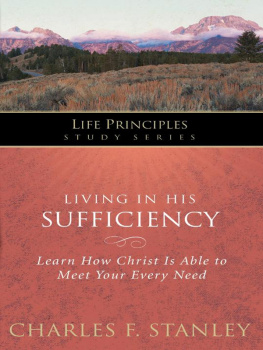

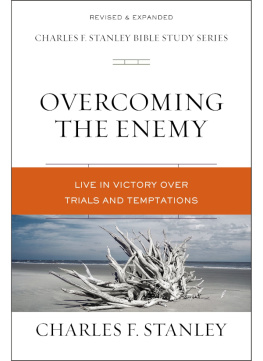
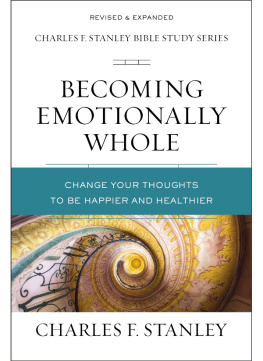


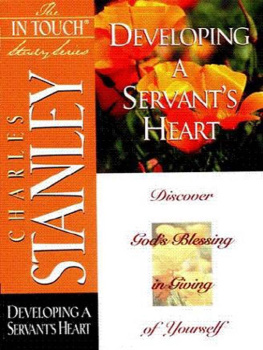
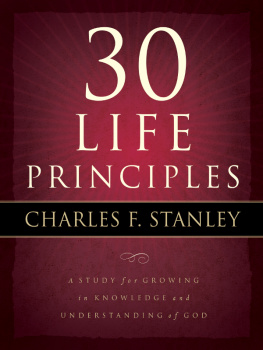
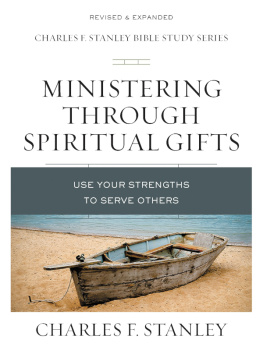
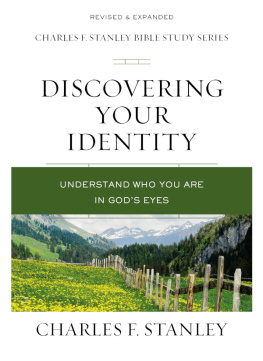


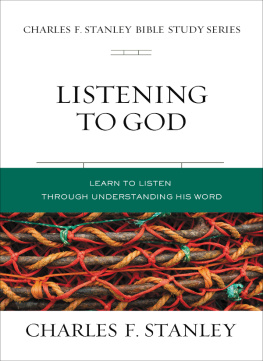


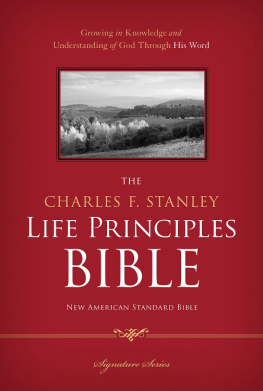




 In This Lesson
In This Lesson
 What do you feel is missing in your life at the moment? How does this missing element compare to your relationship with Christ?
What do you feel is missing in your life at the moment? How does this missing element compare to your relationship with Christ?